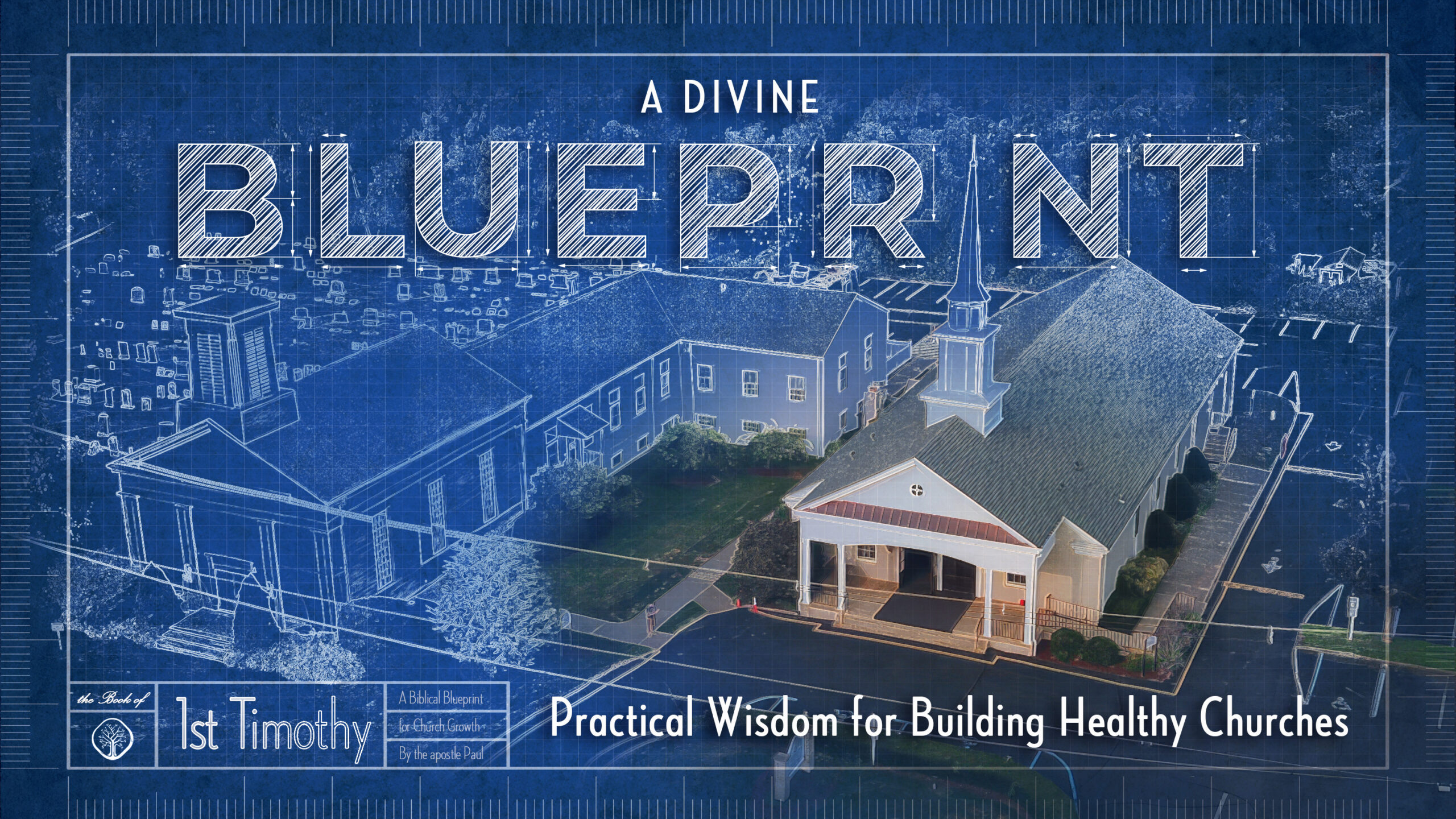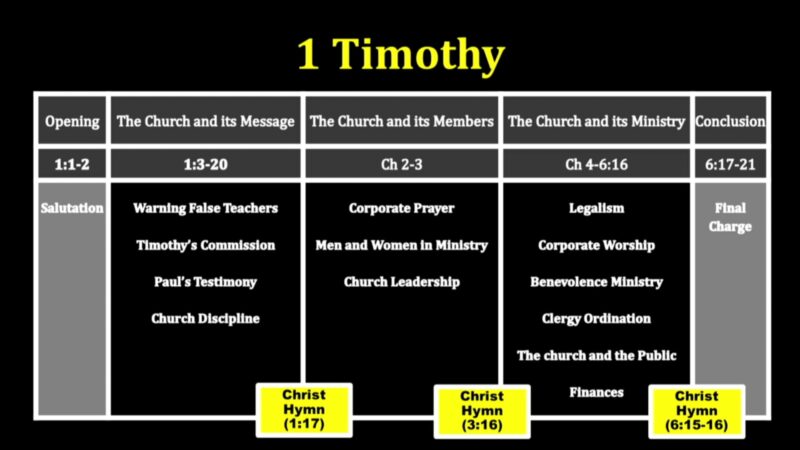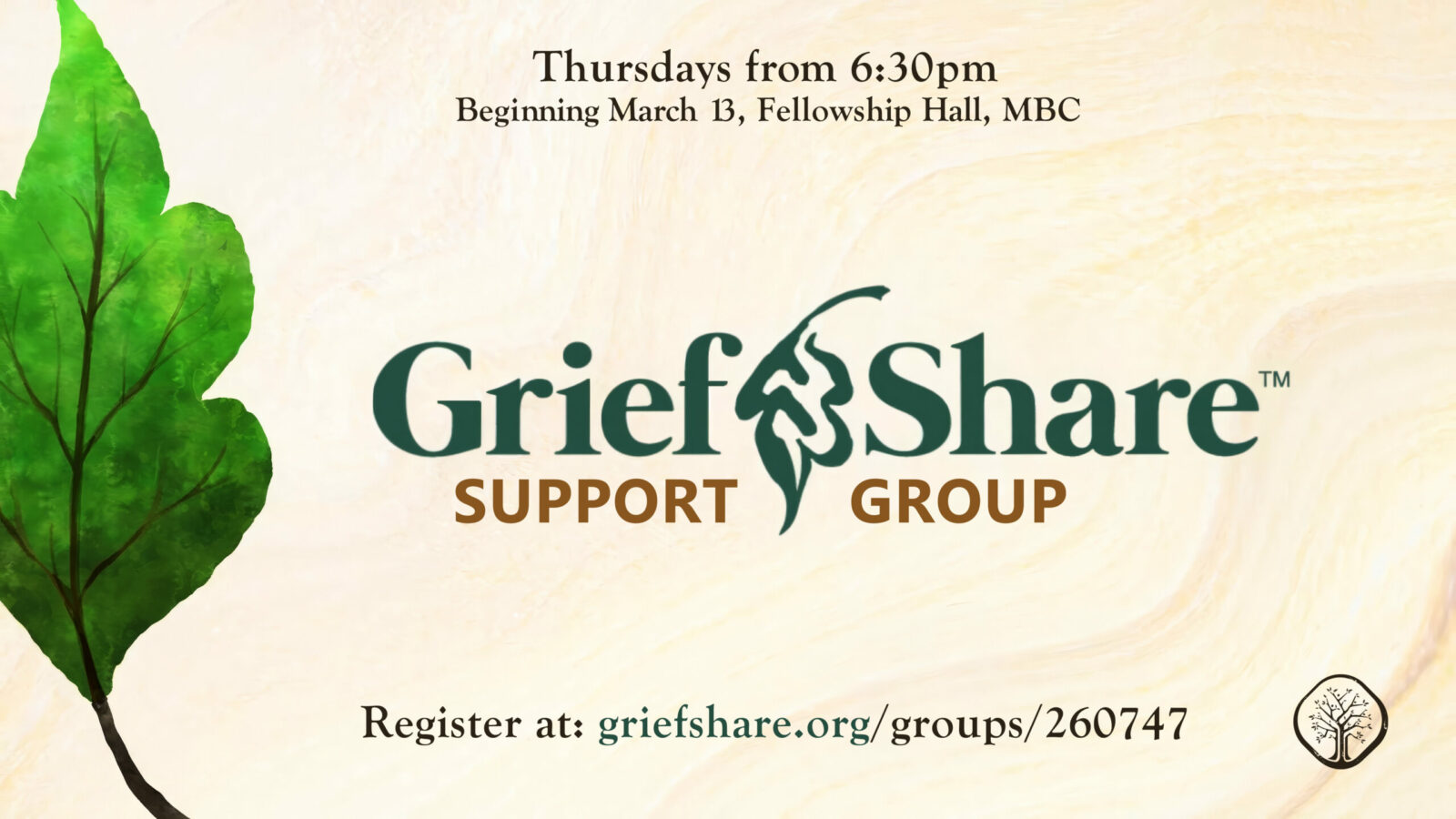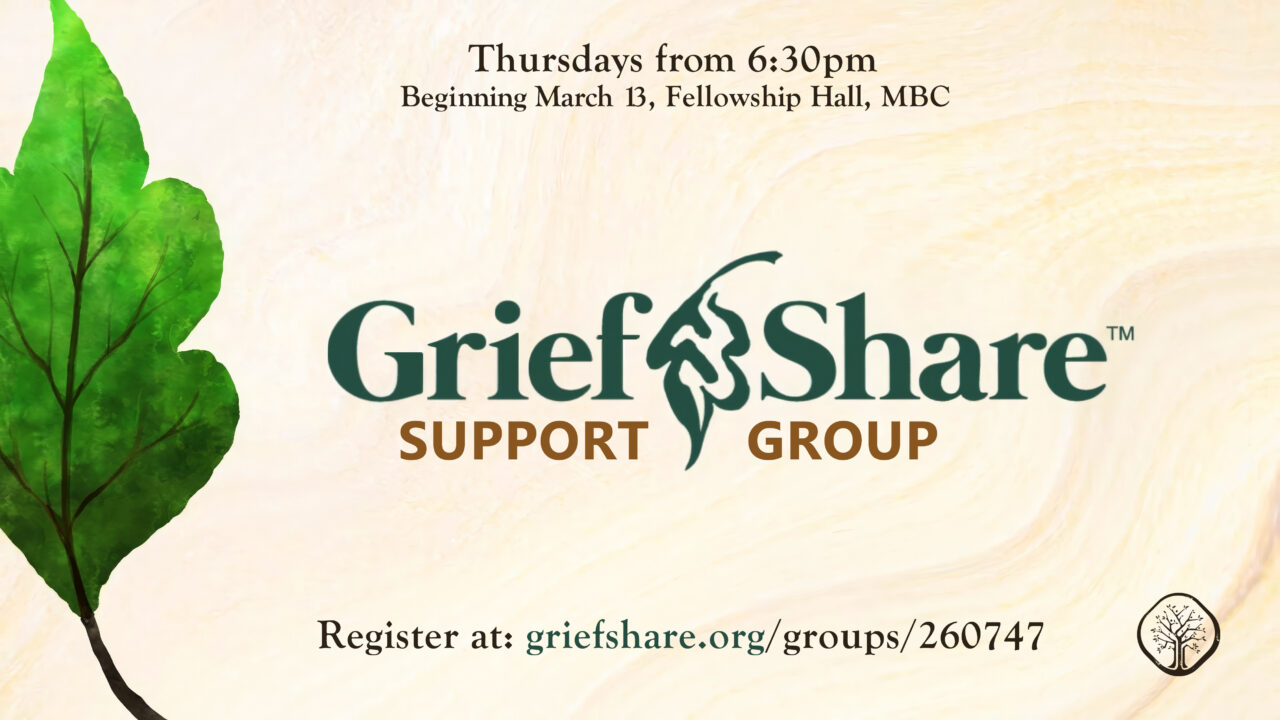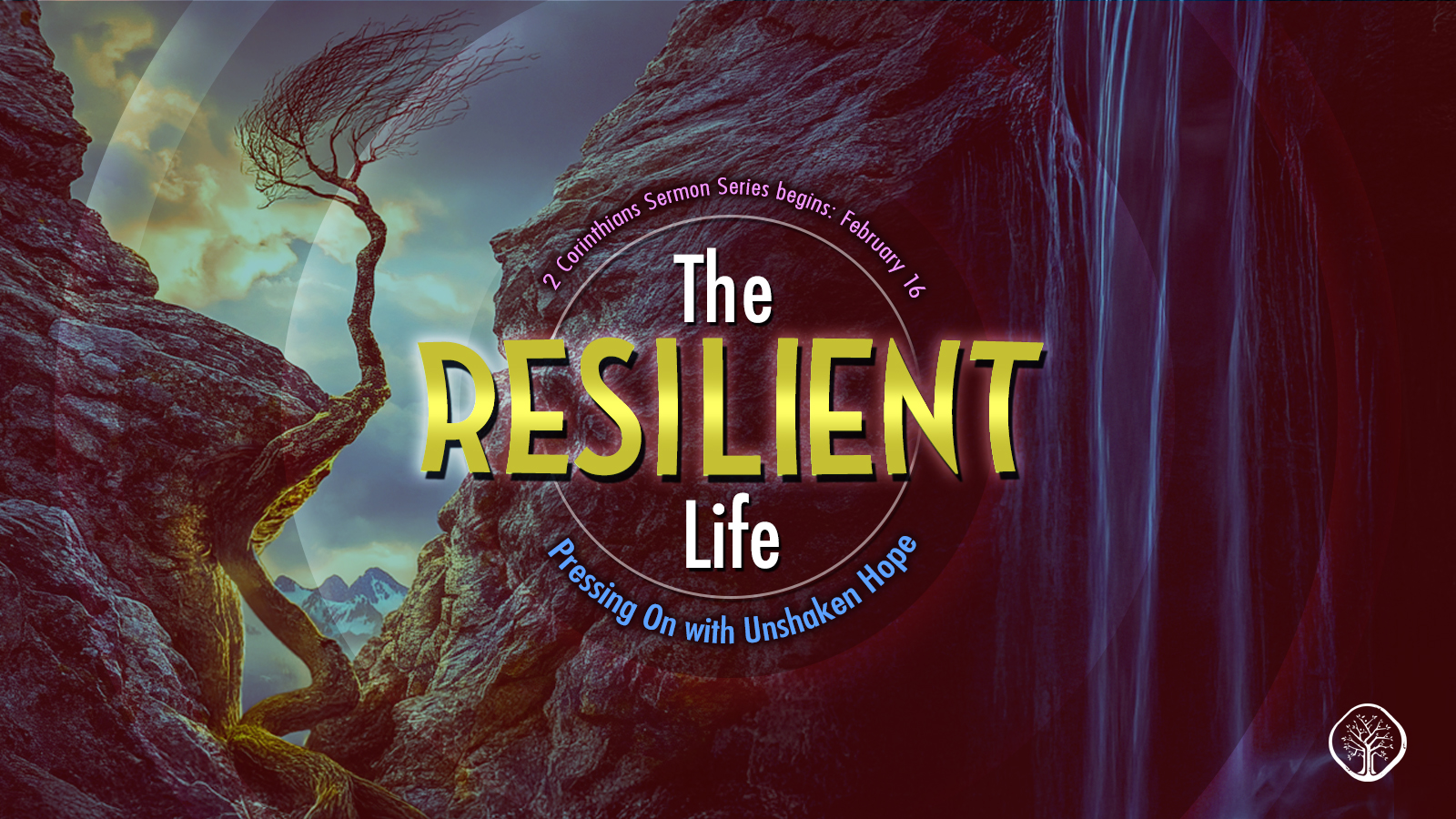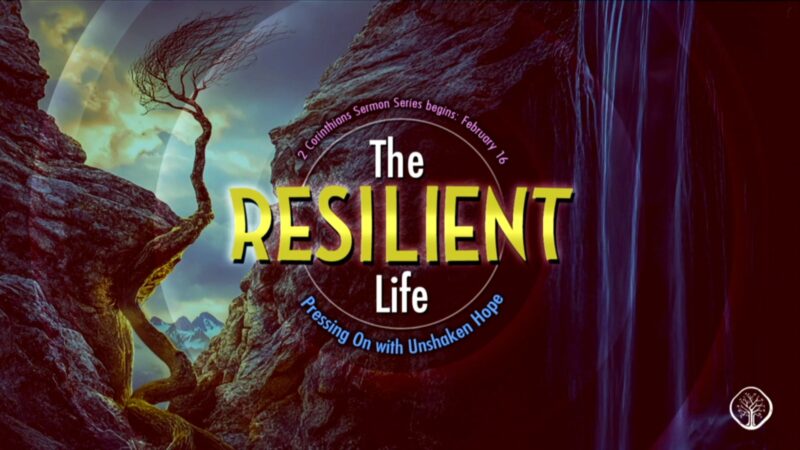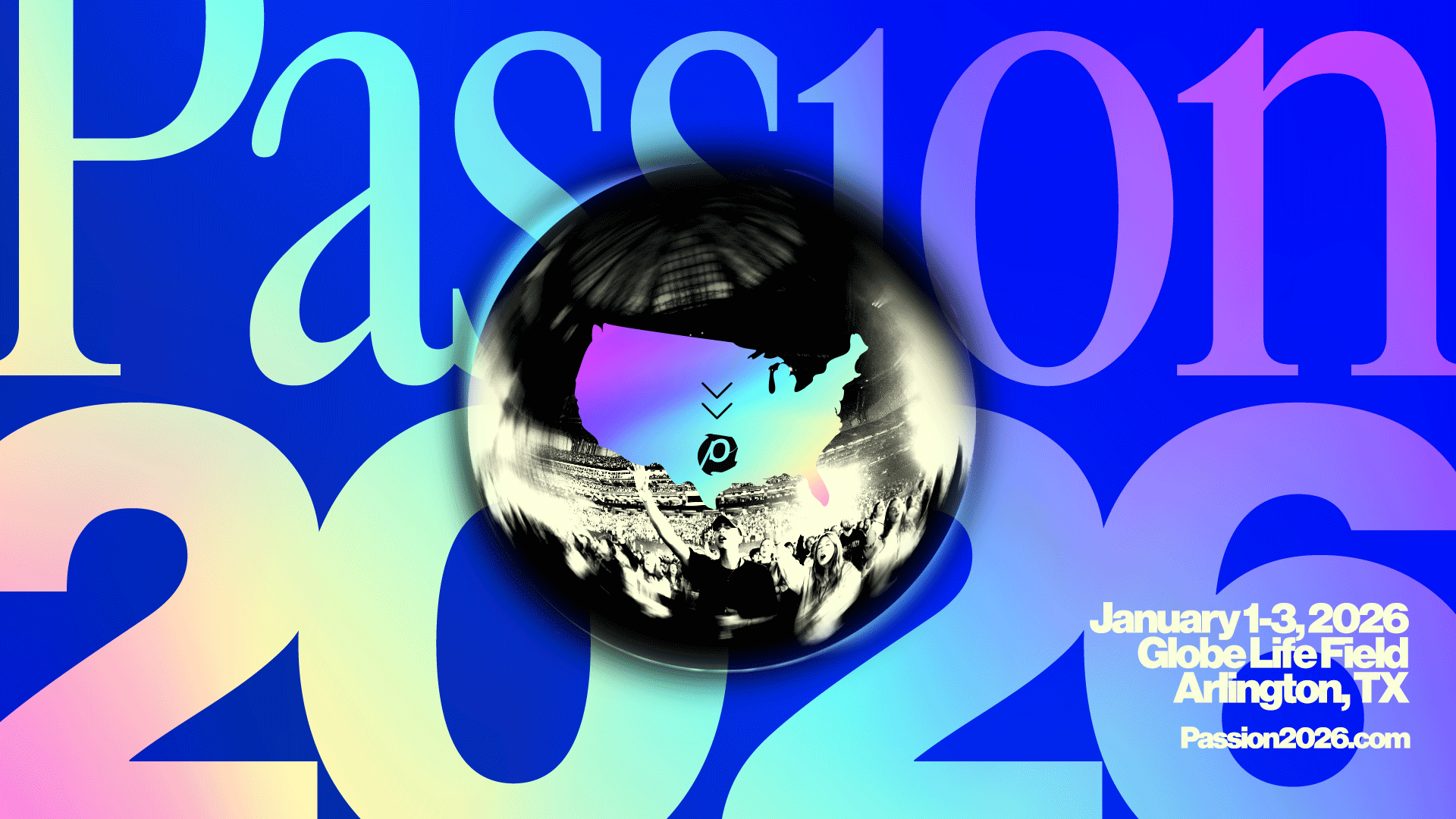Building Healthy Churches
The letter of 1 Timothy is one of the pastoral epistles, written by Paul, as a mentor to a younger protégé Timothy, a pastor and significant part of his first century itinerate ministry. This book provides us with a holistic vision for the church, it is concerned with what the church believes, how it is led, and seeks to shape how it lives in public. This letter teaches us about commendable Christian leadership and how the church should be known for how we are concerned for those less fortunate as it seeks to follow Jesus. This epistle is helpful in the building of healthy churches and it inspires us to collectively fight the good fight of faith.
Supporting Resources
Se7en Churches of Revelation – small group workbook
Se7en Churches of Revelation – Sermon Series
Symbols in the Book of Revelation.



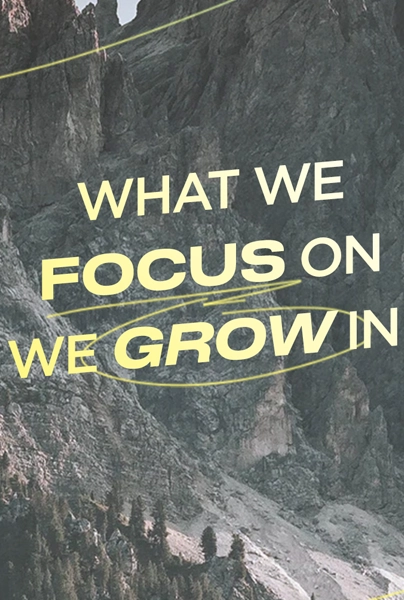
Act I Sermon Schedule:
12/3 Luke 1:1-4 Intro: Letter to Theophilus & Overview
12/10 Luke 1:5-38 Prediction of John and Jesus’ Birth
12/7 Luke 1:39-80 Mary’s Prayer and Zechariah’s Prophecy
12/24 Luke 2:1-52 The Birth of Jesus
Christmas Eve Morning at 10am
Christmas Eve 4pm & 5:30pm
Don't miss ACT II - Introduction of Jesus, Luke 3-9. Beginning December 31
Previous Sermons in this Series


